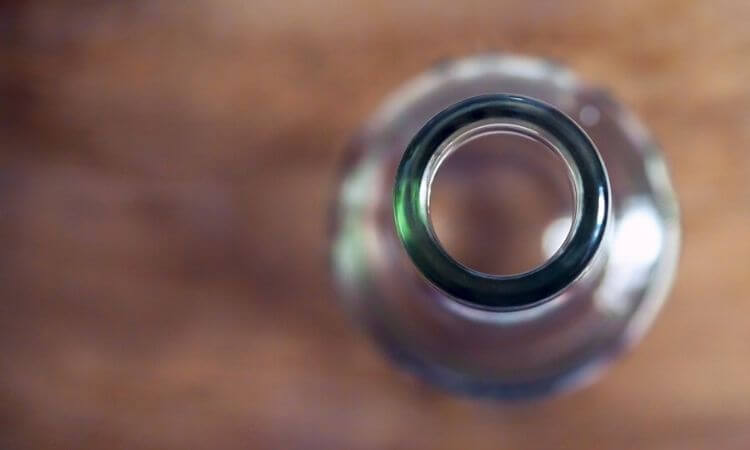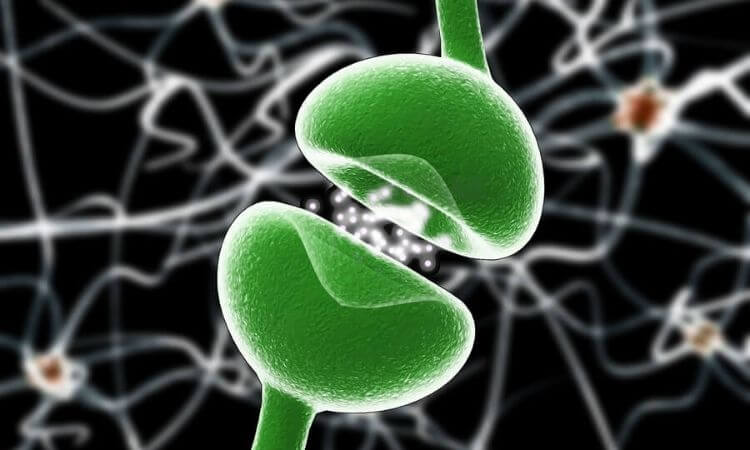
Psychosis is a mental state that is hallmarked by delusions and hallucinations, and may also include aggression, anxiety, and paranoia. Psychosis is not a mental health disorder in and of itself. It is the symptom of a psychotic disorder, such as schizophrenia, or it can be caused by other factors, such as substance use.
As the name implies, alcohol-induced psychosis occurs as a result of excessive alcohol consumption. In most instances, the psychosis will end at the same time as alcohol intoxication. After prolonged use, however, psychosis can persist even after this time and become life-threatening. For this reason, anyone suffering from this condition receives professional medical treatment immediately.
Types of Alcohol-Induced Psychosis
Alcohol-induced psychosis includes delusions and hallucinations associated with heavy alcohol consumption that is not caused by some other mental health condition. Alcohol-induced psychosis occurs in the following three forms:
Acute Intoxication
Although relatively rare, acute intoxication is characterized by alcoholic psychosis that onsets after a person ingests an excessive amount of alcohol in a single episode. Alcohol psychosis symptoms usually subside once the body clears itself of alcohol. Because consuming alcohol in an amount large enough to cause psychosis may result in lethal alcohol poisoning, any person suffering from acute intoxication should seek medical attention as soon as possible.
Chronic Alcoholic Hallucinosis
Alcoholic hallucinosis is another uncommon condition that may be triggered after years of severe alcohol abuse. Although other types of alcohol-induced psychosis often include tactile and visual hallucinations, alcoholic hallucinosis symptoms are mostly auditory. They typically occur during or shortly after episodes of excessive alcohol use.
Alcoholic hallucinosis may also include delusions and mood disturbances. The periods of psychosis related to alcoholic hallucinosis may persist for hours, days, or weeks. They may even progress to a chronic form that resembles schizophrenia.
Alcohol Withdrawal Psychosis
Hallucinations are a potential side effect of acute alcohol withdrawal. These hallucinations can be the result of temporary psychosis, also known as alcohol withdrawal delirium (AWD) or delirium tremens. People who quit drinking after consuming a high amount of alcohol over a prolonged period are at heightened risk of experiencing AWD. Chronic alcoholism can alter the structure and function of the brain, thus triggering psychosis when alcohol has been eliminated from the body.
Symptoms of AWD may also include any of the following:
- High sensitivity to light, sound or touch
- Abrupt changes in mood
- Accelerated heart and breathing rates
- Delusions
- Hallucinations
- Formication (the feeling that insects are crawling on or under the skin)
- Tremors
Delirium tremens is likely the most dangerous side effect of alcohol withdrawal. Symptoms can be life-threatening and require immediate medical intervention. As noted, any person experiencing alcohol withdrawal should seek the care of a medical detox program.
What Causes Alcohol-Induced Psychosis?

The precise cause of alcohol-induced psychosis is not known. Some research has suggested that alcohol-induced psychosis is primarily the result of alcohol’s impact on certain neurotransmitters in the brain, such as dopamine. Others have posited that the manner in which alcohol disrupts neural receptors is the main factor.
Regardless of the cause, extended, excessive alcohol use can have profound, long-lasting effects on the brain and body. Alcohol-induced psychosis is believed to be a result of these effects.
Treatment Options for Alcohol-Induced Psychosis
Experiencing any alcohol-induced psychosis is frequently a sign of alcohol addiction. Therefore, it’s essential to stop alcohol use immediately if this occurs. After discontinuing alcohol consumption, psychotic symptoms tend to abate.
Alcohol-induced psychosis is directly caused by excessive alcohol intake that can lead to dangerous withdrawal symptoms. Therefore, it’s highly recommended that someone in this state undergo detox and medical supervision to prevent complications from occurring.
Research has shown that people with an alcohol use disorder are more likely to succeed at recovery when detox is followed by intensive therapeutic care. Over time, through psychotherapy and counseling, they can gradually develop the skills they need to sustain long-term recovery.
It’s important to note that while psychosis can onset as the result of heavy alcohol use, it can also be a symptom of a co-occurring mental health disorder, such as bipolar disorder or schizophrenia. In these instances, patients need to be treated for both conditions simultaneously to prevent relapse and achieve the best outcome for long-term recovery.
Midwood Addiction Treatment offers medically-supervised outpatient detox in addition to partial hospitalization and outpatient programs. Our treatment plans are designed to be unique to each patient to meet the needs and goals of that individual. We are committed to ensuring that each patient receives the tools they need to achieve sobriety and prevent relapse indefinitely.
If you or someone you love is suffering from alcoholism, contact us today! Our treatment specialists are available to help those who need it most to achieve a full recovery and foster the long-lasting sobriety and wellness they deserve!